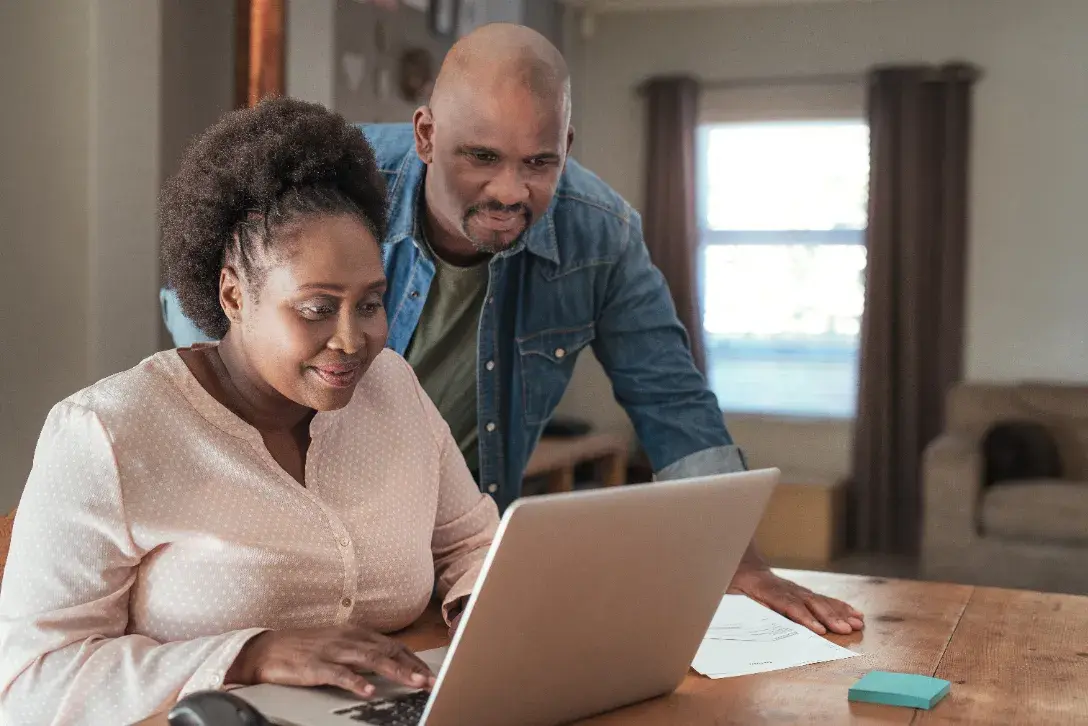Key Takeaways and Learnings
- Community engagement is critical to improving health equity, but it has to start long before sponsors recruit patients for clinical trials.
- Traditional patient recruitment strategies focus on short-term quotas, while innovative approaches go beyond registering participants to building strong, long-lasting ties with trusted community groups.
- Each individual plays a part as a message carrier through every conversation they have and story they tell in their community.
- Learn how health equity impacts communities of color and why it’s so important for promoting diversity in clinical trials.
One of the biggest flaws of traditional approaches to engaging participants for clinical trial recruitment is focusing solely on the trial itself. Joanice Thompson, Acclinate’s Adviser for Community Engagement and Partnership Building, discusses why research initiatives that invest in authentic community connections are better positioned to not only draw more interested participants, but also advance health equity for the long term.
The central issue with classic patient recruitment strategies
Thompson describes one-sided methods of clinical recruitment as “putting up a banner” to announce your presence in a community—but failing to build partnerships or engage in an authentic way.
“You hang up your banner, you get what you need, you take down your banner, and you’re gone,” said Thompson, who helped recruit patients for over 100 trials in previous roles at the University of Alabama at Birmingham (UAB).
That type of approach is suboptimal for patient retention—a critical component of successful clinical trials. It’s also not helpful for improving health equity, especially in areas where mistrust of the medical system is entrenched as a result of historical neglect, abuse, and discrimination.
A big part of what drew Thompson to Acclinate and the NOWINCLUDED team, she said, was the organization’s willingness to put in the work to build relationships and awareness before handing anyone a pamphlet about a clinical trial.
“Of all the trials I had recruited at UAB, I never had a team and an opportunity to go out to the community and say, ‘I just want to educate you.' The Acclinate framework is what really sold me. They’re not asking for anything. They don’t have a study in hand. They’re building a system that can educate people on different diseases. They’re giving the community a gift.”
— Joanice Thompson, Acclinate’s Adviser for Community Engagement and Partnership Building
The role of community engagement in changing patient recruitment strategies
Community engagement is critical for “demonstrat[ing] respect for local values and priorities [and] establishing equitable partnerships,” according to a recent PharmaFeatures article. However, it must be done right.
A 2023 literature review in the Journal of Clinical and Translational Science found 39 of 48 community engagement efforts emphasized consultation and collaboration. Only four focused on providing information to the community or emphasizing co-leadership with the local partners. In other words, most efforts simply hung up the banner. This was a missed opportunity, study authors found, as “co-leadership empowered the community, enhanced the capacity of conducting research, and allowed for interpretation of data within the framework of local knowledge, available resources, specific values and beliefs.”
For Thompson, realizing these benefits of improving health equity in communities of color comes down to engaging and educating individuals upstream from encounters with healthcare.
“It doesn't mean having lunch with someone and getting them to say, ‘Yes, I'll help you.’ You need to build a long-term, sustainable relationship—and you do that with ongoing communications. If you do the education upfront, and people become willing and able participants, you can most likely retain them. But if they don't know what they're getting into, the first time something happens that they don’t understand, they’re going to drop out.”
— Joanice Thompson
Laying down roots in the community
The next question when it comes to how to promote health equity through clinical research is where to go within communities. Partners of the National Institutes of Health’s All of Us Research Program built a network of more than 1,000 community-based organizations to “serve as validators and trusted intermediaries,” as STAT News put it. These groups ranged from YMCA branches to faith-based organizations to local affiliates of medical and professional societies.
Thompson has found success at Acclinate while engaging with hundreds of organizations that have deep roots in their respective communities. One example is a senior center in the Atlanta area so popular that parking spots are few and far between. Through its Affective Trust framework that prioritizes genuine relationship-building, Acclinate knows it has built connections to draw an engaged audience whenever it returns to the center, and the company has built enough rapport with the center’s leaders that it hosts monthly health meetings there.
“Before I could even finish the multiple myeloma event, [the center’s leaders] were asking, ‘Can you all come back and do a breast cancer event here?’ I know I can call them up and say, ‘I would like to do another activity,’ because they already have an engaged target audience. This shows that it’s really just a matter of getting the information to the community the right way.”
— Joanice Thompson
Improving health equity one message carrier at a time
For Thompson, storytelling is the best way to get information to the community. Whether online, in person, or through printed materials, storytelling is a much more relatable way to talk about medical risk, wellbeing, and other health issues.
“It’s very, very critical to the framework we’re building with NOWINCLUDED. Storytelling allows people to tell their stories the way they want to tell them. They don't have to use all the medical terminology, because when someone else hears that story, they can associate with that story better.”
— Joanice Thompson
Thompson referred to storytellers as “message carriers.” All it takes is one person to start a conversation, whether it’s at family dinner or in line at the grocery store, to spread the word.
“I tell people all the time, you don't have to go dig people up to give them information. They're right around in your environment. People aren't just individuals. They're also part of groups. They're also part of communities. And they're having these discussions.”
— Joanice Thompson
Entities that leverage community engagement and engage the right individuals with more nuanced patient recruitment strategies can see their reach spread quickly. When she was at UAB during the COVID-19 pandemic, Thompson trained students to speak to their peers across campus about topics such as precautions and vaccinations. When the holiday break came around, she gave them talking points to share with friends and family back home—extending education efforts far beyond campus borders.
Lessons from Acclinate on how to improve health equity
As our CEO and Co-Founder Dr. Del Smith made clear when he spoke at SXSW 2024, improving health equity is core to Acclinate’s mission. We help clinical trial sponsors engage with communities of color to rebuild trust and educate patients about the health issues that matter to them.
By coupling our relationships with community-based organizations with a robust digital engagement platform, Acclinate has fostered longstanding relationships that trial sponsors can leverage to aid their recruitment efforts. As just one example, more than 18,000 NOWINCLUDED members have engaged with health awareness and educational materials for maternal and fetal health, with more than 45% indicating they’re willing to participate in clinical research.
Break through obstacles to more diverse participant pools with Acclinate’s community platform, NOWINCLUDED. Ready for a front-row view of NOWINCLUDED’s impact? Schedule a 1:1 meeting with our team.









.webp)




